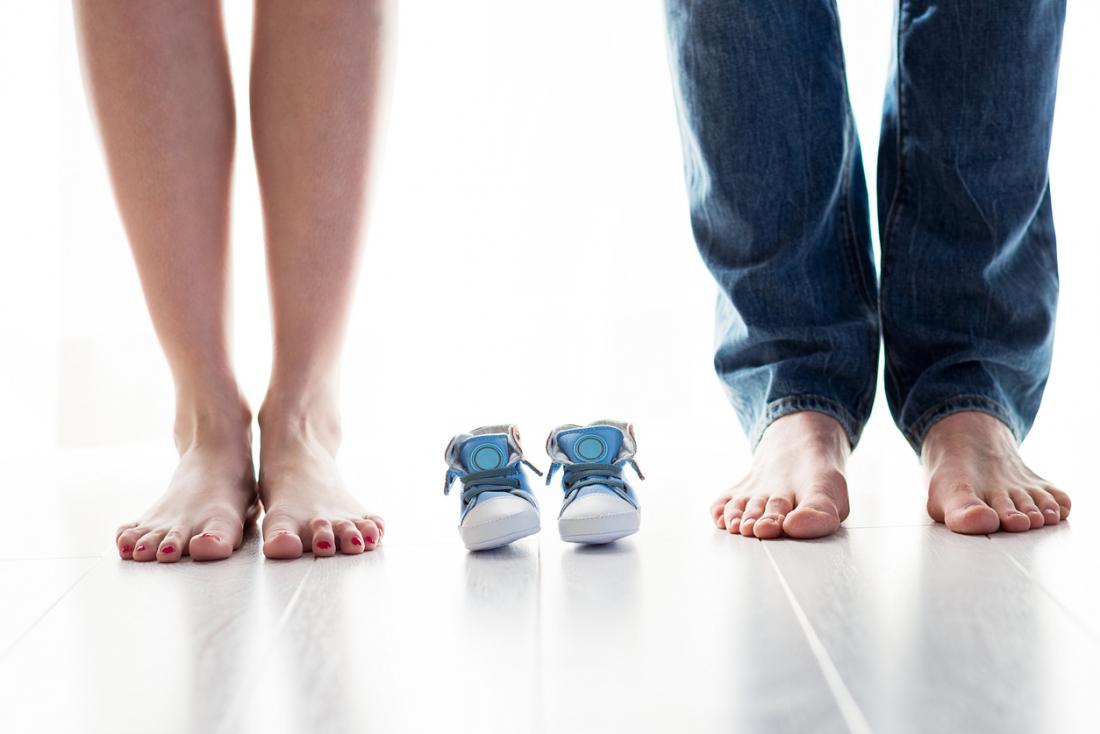Having children – why it brings some couples together and drives others apart Having children is the single most life-changing event for any couple. Both men and women report that having children is the most intensely binding thing a couple can do. This, however, does not mean that having children will keep couples together as having children drives some apart.
It’s my impression gained from seeing couples in therapy, as well as my reading of research, that the couples who experience having children as one of the things that bind them (but only one) make sure they carve out time to talk, have fun, and focus on each other. The couples who break up are the ones who don’t; they lose the plot of what they ever loved about each other.

source: mentalfloss.com
This paradox begins at the very beginning – pregnancy, a shared joy, but an uneven preoccupation between the couple. Notably sex and desire change. Then the arrival of the baby deepens the unevenness, as it’s usually one parent who is the main carer, the “preoccupied” parent, whose attention, time and energy focuses on the infant. And that gets repeated with each new baby and each important developmental change those children undergo. So the supply of attention and energy for each other becomes less and less. But love means you have to make choices. Often you reason that your partner is a grown-up and can fend for him or herself, but your kids can’t. That choice in favor of kids can become a knee-jerk reaction.
While fathers are now more involved in childcare than their own fathers, women are still more preoccupied with meeting the needs of the children. The imbalance leaves each partner abandoned in his or her own way – unattended, on the one hand, unsupported, on the other.
Couples who ‘make it’ redefine how love gets shown during childrearing. Quality, effort, and keeping curious about each other replace frequency (of sex, talking or going out) as measures of success. These need time, and when time is short it needs carving out. One couple set their alarm to wake an hour before their daughter. Another, in therapy – she drifting into children and work, he into work and friends, committed two nights a week to themselves, kick-starting their interest in each other and their sex lives. Sometimes coming to therapy itself does this: it may be the first time in years since couples have looked and listened, instead of privately concluding what the other thinks. It’s easy to forget who your partner is, and what pleasures and understandings he/she’s capable of providing. This is what can happen when you become only parents, rather than the lover you have been and can still be.

source: pinterest.com
Janet Reibstein
Janet Reibstein is a psychologist and Professor in the School of Psychology at the University of Exeter, and she has a private practice in London. Janet’s books include: The Best Kept Secret (2007, Bloomsbury); The Family Through Divorce (with Roger Bamber; 1997, Thorsons); Love Life (1997, Fourth Estate); Sexual Arrangements: Marriage and Affairs (1992, Heinemann). Her award-winning five-part documentary series, Love Life (broadcast in March 1997 on Channel 4) was based on her clinical work and research and earlier this year BBC Radio 4 broadcast Together Against the Odds a series of interviews highlighting factors involved in resilience and relationship success.

